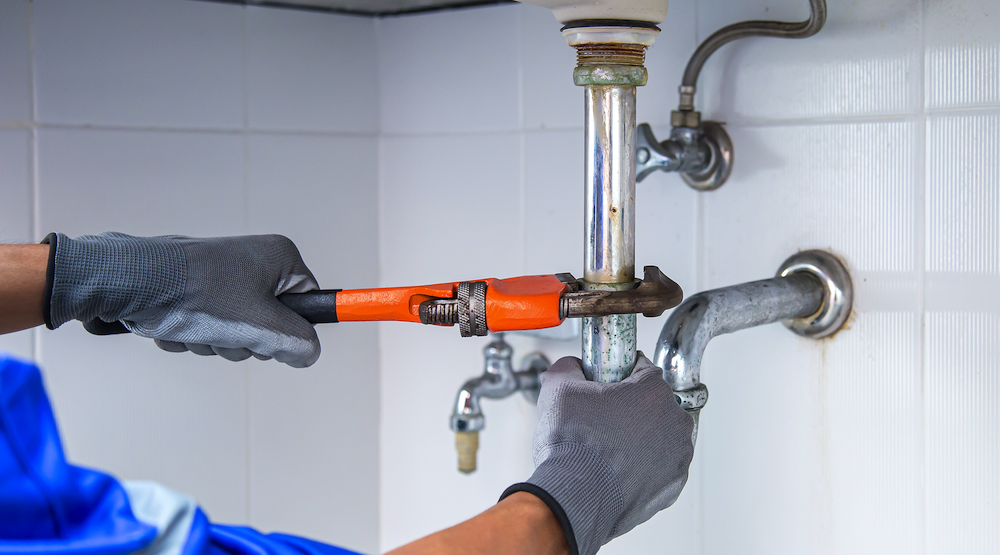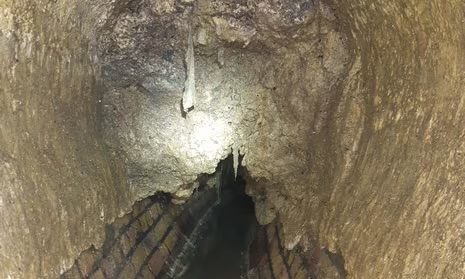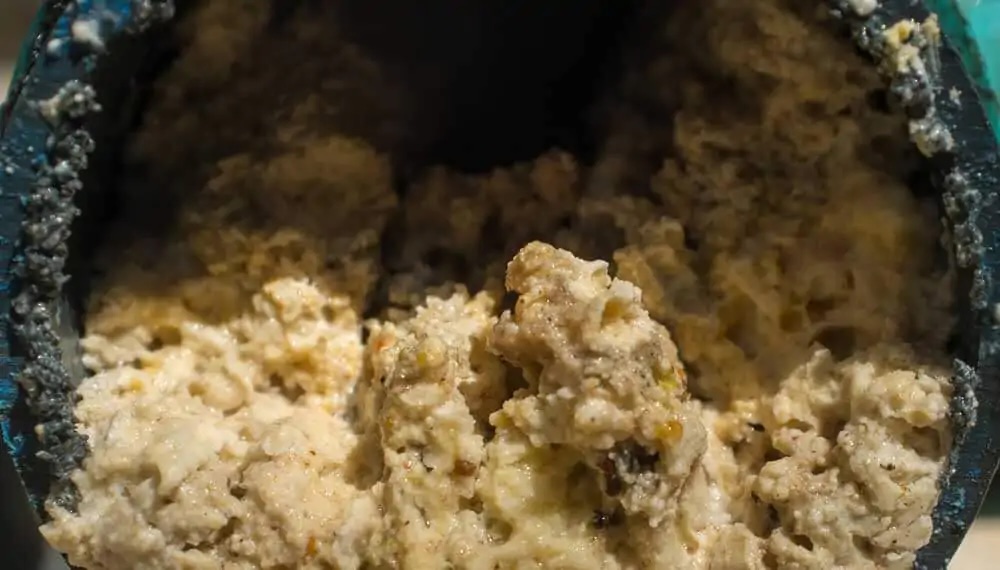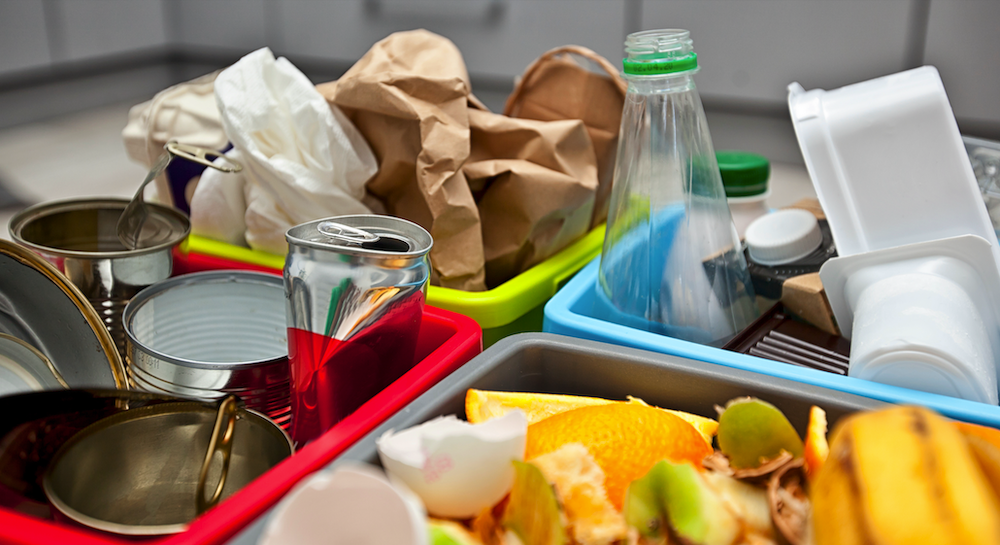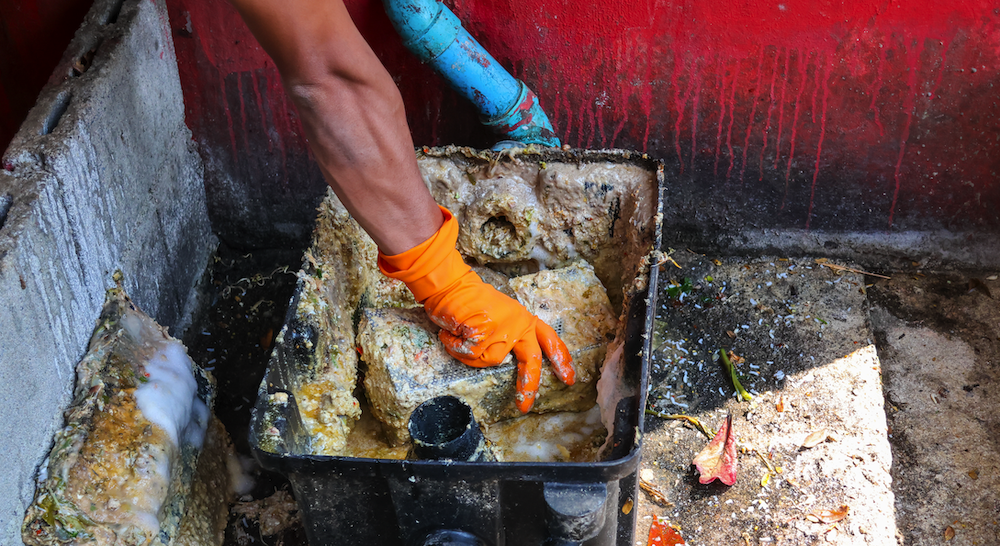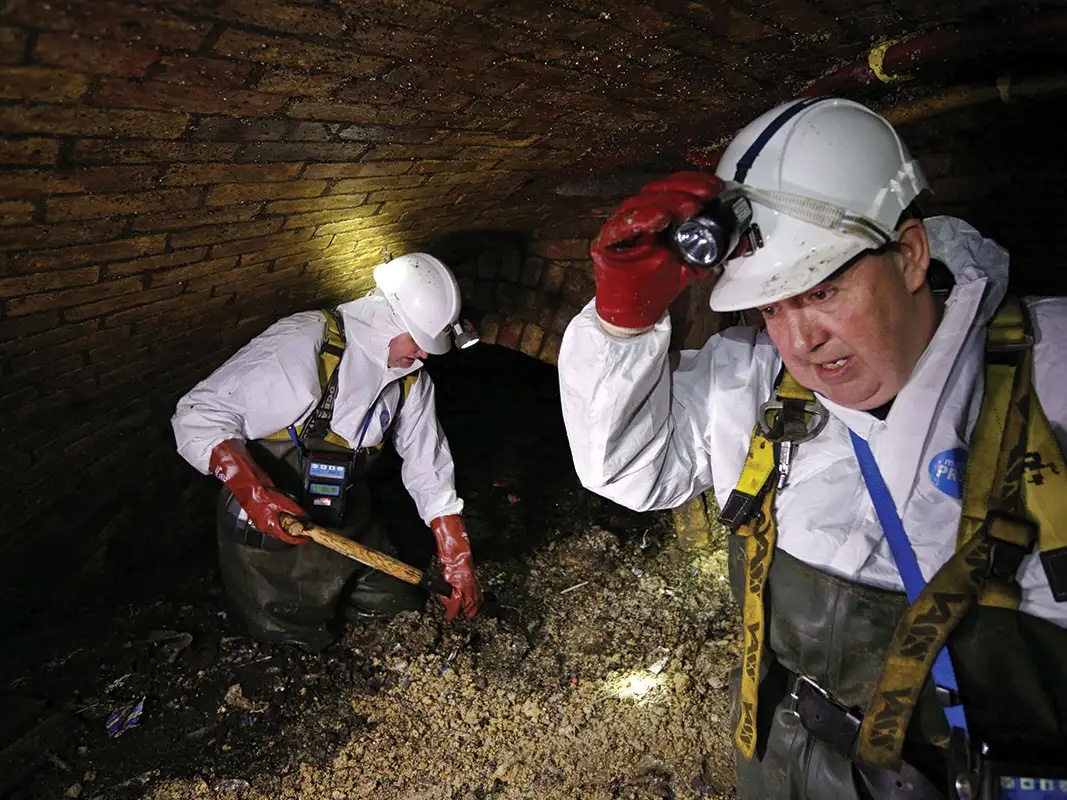Fatbergs

Fatberg noun - a very large mass of solid waste that is found in a sewer, consisting especially of fat and items that people throw down toilets
Fatbergs: What they are and how to prevent them
What Are Fatbergs?
Fatberg noun - a very large mass of solid waste that is found in a sewer, consisting especially of fat and items that people throw down toilets
A fatberg is a large, solid mass that forms in sewer systems, consisting primarily of congealed fat, oil, grease (FOG), and non-biodegradable waste items such as wet wipes, sanitary products, and other debris. These masses can grow to enormous sizes, causing severe blockages and damage to sewer infrastructure. Fatbergs are becoming in increasing problem within Australian plumbing.
How Fatbergs Form
Fatbergs form when fats, oils, and grease are poured down the drain and cool, solidifying as they travel through the sewer pipes. These solidified fats then trap other debris, such as wet wipes and sanitary products, creating a growing mass. Over time, the fatberg can become large enough to block sewer pipes completely, leading to severe plumbing issues and costly repairs.
The Impact of Fatbergs
The formation of fatbergs can have several detrimental effects on plumbing systems and the environment:
-
Blockages
Fatbergs can cause significant blockages in sewer pipes, leading to backups and overflows that can damage property and create health hazards. -
Environmental Damage
Sewer overflows caused by fatbergs can lead to the contamination of local waterways, harming wildlife and ecosystems. - Costly Repairs
Removing fatbergs and repairing the damage they cause can be extremely expensive for municipalities and property owners.
Preventing Fatbergs
Preventing fatbergs requires a combination of public awareness, proper disposal practices, and effective plumbing solutions. Here are some essential tips to help prevent the formation of fatbergs:
1. Proper Disposal of Fats, Oils, and Grease (FOG)
One of the most effective ways to prevent fatbergs is to ensure that fats, oils, and grease are disposed of properly. Instead of pouring these substances down the drain, they should be collected in a container and disposed of in the trash. Alternatively, you can find businesses nationwide who can dispose of your FOG for you
2. Avoid Flushing Non-Biodegradable Items
Non-biodegradable items such as wet wipes, sanitary products, and diapers should never be flushed down the toilet. These items do not break down in the sewer system and can contribute to the formation of fatbergs. Always dispose of these items in the trash.
Biodegradable vs Non-biodegradable
3. Use Sink Strainers
Installing sink strainers in kitchen sinks can help catch food particles and other debris before they enter the drain. This simple measure can significantly reduce the amount of solid waste that contributes to fatberg formation.
4. Educate the Community
Public awareness campaigns can play a crucial role in preventing fatbergs. Educating the community about the impact of improper disposal of FOG and non-biodegradable items can encourage better habits and reduce the risk of fatberg formation.
5. Regular Maintenance and Inspection
Regular maintenance and inspection of plumbing systems can help identify and address potential issues before they become severe. Professional plumbers can use tools such as cameras and hydro-jetting to inspect and clean pipes, reducing the risk of blockages caused by fatbergs.
Plumbing Solutions to Prevent Fatbergs
1. High-Quality Grease Traps
Grease traps are essential for commercial kitchens and other facilities that produce large amounts of FOG. High-quality grease traps are designed to capture fats, oils, and grease before they enter the sewer system, preventing blockages and reducing the risk of fatberg formation.
2. Effective Drainage Solutions
Various drainage solutions, including sink strainers and advanced plumbing fixtures, can help prevent solid waste from entering the sewer system. These products are designed to enhance the efficiency and longevity of plumbing systems while reducing the risk of blockages.
3. Expert Advice and Support
Professional plumbers can provide expert advice and support for maintaining efficient plumbing systems. Whether you need guidance on selecting the right products or tips on maintaining your plumbing system, expert advice is invaluable.
Fatbergs are a growing concern for plumbing systems worldwide, but they can be prevented with the right practices and products. By understanding how fatbergs form and taking proactive measures to prevent them, we can protect our plumbing systems and the environment from the damaging effects of these massive blockages.
For more information on preventing fatbergs and maintaining efficient plumbing systems, consult with a professional plumber. Together, we can keep our plumbing systems flowing smoothly and prevent the costly and damaging effects of fatbergs.
Notable Fatberg Finds
A Fatberg the size of a gas tanker truck was found in Melbourne in April 2020 and is thought to have grown so big due to a toilet paper shortage thanks to COVID-19 which spurred people to buy more wet wipes.
A few workers in Southwest England, found a 209 Foot (63.70 Meters) when he went through a manhole. He described it as being “really eerie” and YES, they smell!
Fatbergs can reach 800 Feet Long, stand 6 Feet Tall and weighed as much as four humpback whales.
The most common items found are Condoms, Tampons, Dental Floss, Syringes, Ear Buds, Wet Wipes, Drugs, Bones, and even False Teeth. However, some of the most surprising finds would have to be a typewriter, bowling ball, mop heads and a toilet! Now that you know, just make sure you THINK BEFORE YOU FLUSH!

